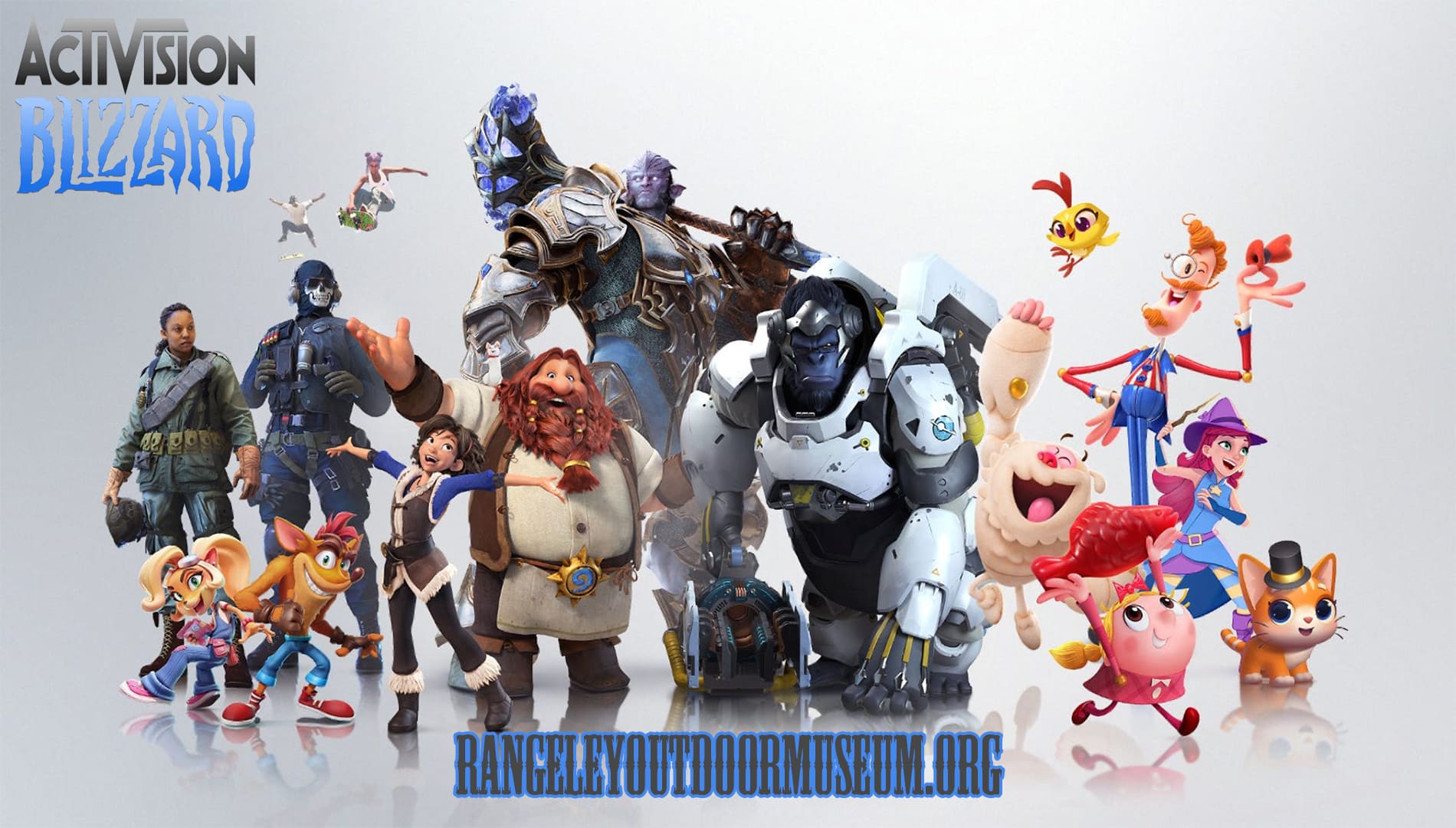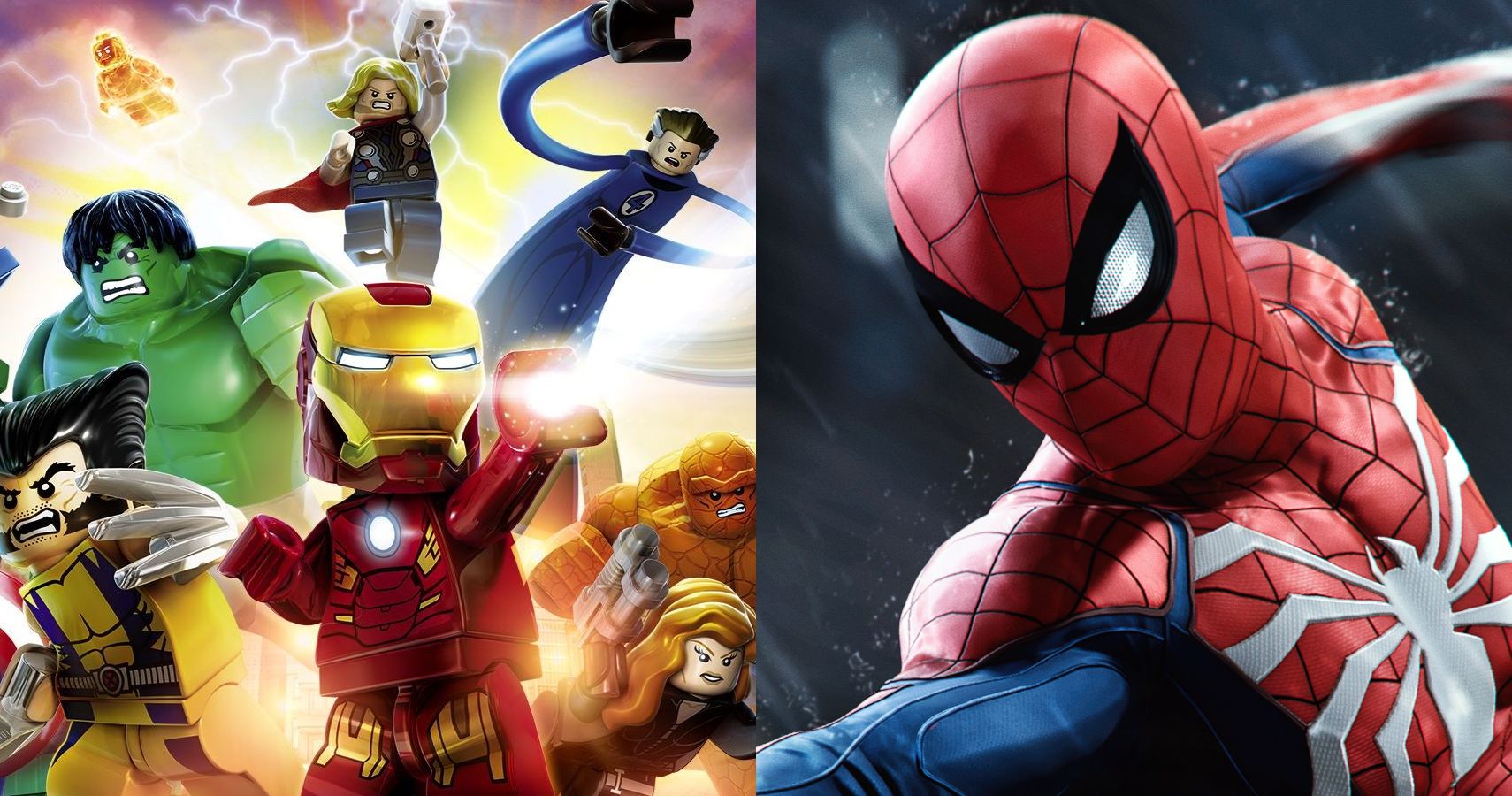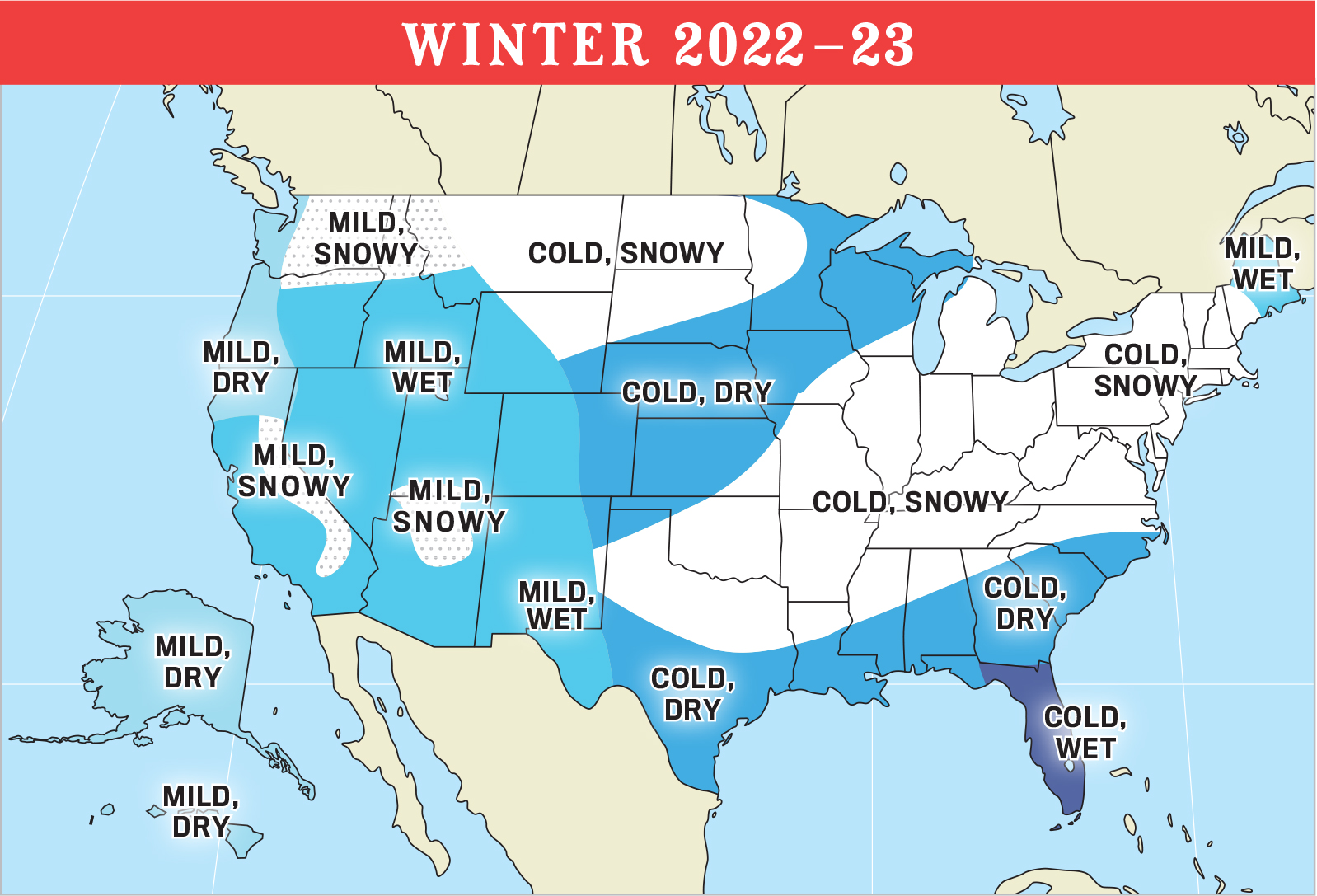Activision Blizzard Merger: FTC's Appeal And The Future Of Gaming

Table of Contents
The FTC's Case Against the Merger: Concerns Over Monopoly Power
The FTC's primary concern revolves around the potential for the merger to create a monopoly, stifling competition and harming consumers. This antitrust lawsuit hinges on the belief that Microsoft's acquisition of Activision Blizzard would grant them undue control over the gaming market, particularly impacting the competitive landscape significantly.
Stifling Competition in the Gaming Market
The FTC argues that the merger would significantly reduce competition within the gaming market. This would likely manifest in several detrimental ways:
- Higher Prices for Gamers: Reduced competition often leads to increased prices for games and gaming services, directly impacting consumers' wallets.
- Limited Consumer Choice and Innovation: A less competitive market can stifle innovation, leaving gamers with fewer choices and potentially less compelling gaming experiences.
- Stifling the Development of Rival Gaming Platforms and Studios: Microsoft's increased market power could make it difficult for smaller developers and competing platforms to thrive, potentially leading to a less diverse gaming ecosystem.
The FTC also focuses heavily on the impact on subscription services, arguing that Microsoft could leverage its ownership of Activision Blizzard titles to bolster its Game Pass subscription service, pushing out competitors.
The Role of Call of Duty in the FTC's Argument
Call of Duty serves as a central piece of the FTC's argument. This incredibly popular and profitable franchise holds a significant market share, and the FTC fears that Microsoft could make it exclusive to Xbox, thereby harming competitors like PlayStation.
- Call of Duty's massive player base and consistent profitability make it a highly desirable asset.
- The potential for Call of Duty exclusivity could severely damage PlayStation's competitiveness and potentially push players towards the Xbox ecosystem.
- Data shows Call of Duty's consistently high sales figures and its status as a leading first-person shooter, further strengthening the FTC's concerns.
Microsoft's Defense: Addressing the FTC's Concerns
Microsoft has vigorously defended the merger, arguing that it would not create a monopoly and that it remains committed to fair competition within the gaming industry.
Microsoft's Commitment to Fair Competition
Microsoft has made several key counterarguments and commitments in response to the FTC's concerns:
- Continued Call of Duty Availability: Microsoft has pledged to continue releasing Call of Duty titles on PlayStation and other platforms, aiming to alleviate concerns about exclusivity.
- Concessions and Agreements: Microsoft has offered various concessions and agreements to address the FTC's antitrust concerns, although the specifics remain subject to ongoing negotiations.
- Commitment to Cross-Platform Play: Microsoft emphasizes its commitment to fostering cross-platform play, ensuring gamers on different systems can still play together, regardless of the platform on which they purchase the game.
These counterarguments aim to demonstrate that the merger will not significantly harm competition in the long run.
The Broader Context of the Gaming Industry
Microsoft also points to the competitive nature of the gaming industry, emphasizing the presence of other major players such as Sony, Tencent, and others. They argue that the merger would simply shift the balance of power, not create an unchallenged monopoly. Market share data for various gaming companies supports this claim, demonstrating that the gaming landscape remains diverse and competitive.
Potential Outcomes and Implications for the Future of Gaming
The FTC's appeal has far-reaching implications for the future of the gaming industry and beyond.
The Impact of the FTC's Appeal on Future Mergers and Acquisitions
This case sets a crucial precedent for future mergers and acquisitions in the tech and gaming industries. The outcome could significantly influence the regulatory scrutiny applied to large tech acquisitions, shaping how future deals are approached and potentially leading to stricter regulations. The impact on investor confidence in the gaming sector is also a significant concern, depending on the court's decision.
The Future of Game Development and Distribution
The merger's outcome will likely have a substantial impact on game development, pricing, and distribution models. The long-term effects could involve changes in the availability of games, pricing strategies, and the evolution of gaming subscription and cloud gaming services, impacting developers, publishers, and players alike.
Conclusion: What the Activision Blizzard Merger Means for Gamers
The FTC's appeal against the Activision Blizzard merger represents a critical juncture for the gaming industry. Both the FTC and Microsoft have presented compelling arguments, and the court's decision will likely reshape the competitive landscape. The outcome will have significant repercussions for game pricing, development, and distribution, influencing the gaming experience for millions of players. Stay informed about the ongoing developments in the Activision Blizzard merger and its implications for the gaming landscape. Understanding the complexities of this antitrust case is crucial for the future of gaming.

Featured Posts
-
 Premiere Fashion Face Off Blake Lively And Anna Kendricks Understated Style
May 05, 2025
Premiere Fashion Face Off Blake Lively And Anna Kendricks Understated Style
May 05, 2025 -
 Get The Look Anna Kendricks Sparkling Shell Crop Top
May 05, 2025
Get The Look Anna Kendricks Sparkling Shell Crop Top
May 05, 2025 -
 Even Marvel Knows Improving Its Movies And Shows
May 05, 2025
Even Marvel Knows Improving Its Movies And Shows
May 05, 2025 -
 Ny Nj Ct Snow Forecast Predicting The Next Winter Storm
May 05, 2025
Ny Nj Ct Snow Forecast Predicting The Next Winter Storm
May 05, 2025 -
 Anna Kendricks Silence On Blake Livelys Legal Case
May 05, 2025
Anna Kendricks Silence On Blake Livelys Legal Case
May 05, 2025
Latest Posts
-
 Criminal Neglect Mother Charged In Death Of Tortured 16 Year Old
May 05, 2025
Criminal Neglect Mother Charged In Death Of Tortured 16 Year Old
May 05, 2025 -
 Alleged Torture Starvation And Beatings Lead To Stepfathers Murder Charge In 16 Year Olds Death
May 05, 2025
Alleged Torture Starvation And Beatings Lead To Stepfathers Murder Charge In 16 Year Olds Death
May 05, 2025 -
 Mother Charged In 16 Year Olds Torture Murder Criminal Neglect Allegations
May 05, 2025
Mother Charged In 16 Year Olds Torture Murder Criminal Neglect Allegations
May 05, 2025 -
 16 Year Old Stepsons Murder Stepfather Accused Of Brutal Abuse And Neglect
May 05, 2025
16 Year Old Stepsons Murder Stepfather Accused Of Brutal Abuse And Neglect
May 05, 2025 -
 Chicago Med Season 10 Episode 14 Features Brian Tees Return
May 05, 2025
Chicago Med Season 10 Episode 14 Features Brian Tees Return
May 05, 2025
